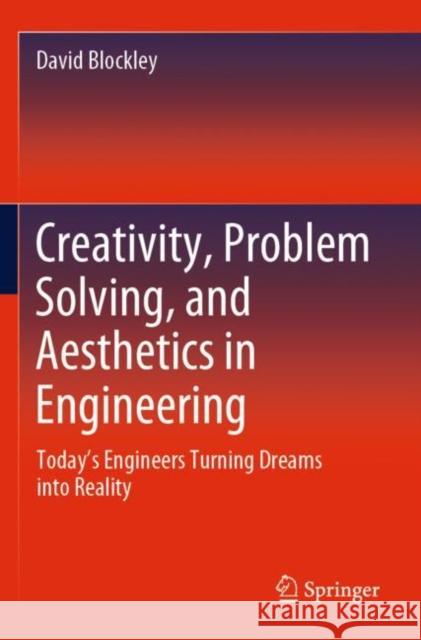Creativity, Problem Solving, and Aesthetics in Engineering: Today's Engineers Turning Dreams Into Reality » książka
topmenu
Creativity, Problem Solving, and Aesthetics in Engineering: Today's Engineers Turning Dreams Into Reality
ISBN-13: 9783030382599 / Angielski / Miękka / 2021 / 225 str.
Creativity, Problem Solving, and Aesthetics in Engineering: Today's Engineers Turning Dreams Into Reality
ISBN-13: 9783030382599 / Angielski / Miękka / 2021 / 225 str.
cena 160,99
(netto: 153,32 VAT: 5%)
Najniższa cena z 30 dni: 154,18
(netto: 153,32 VAT: 5%)
Najniższa cena z 30 dni: 154,18
Termin realizacji zamówienia:
ok. 16-18 dni roboczych.
ok. 16-18 dni roboczych.
Darmowa dostawa!
Kategorie:
Kategorie BISAC:
Wydawca:
Springer
Język:
Angielski
ISBN-13:
9783030382599
Rok wydania:
2021
Wydanie:
2020
Ilość stron:
225
Waga:
0.41 kg
Wymiary:
23.37 x 19.56 x 1.02
Oprawa:
Miękka
Wolumenów:
01











